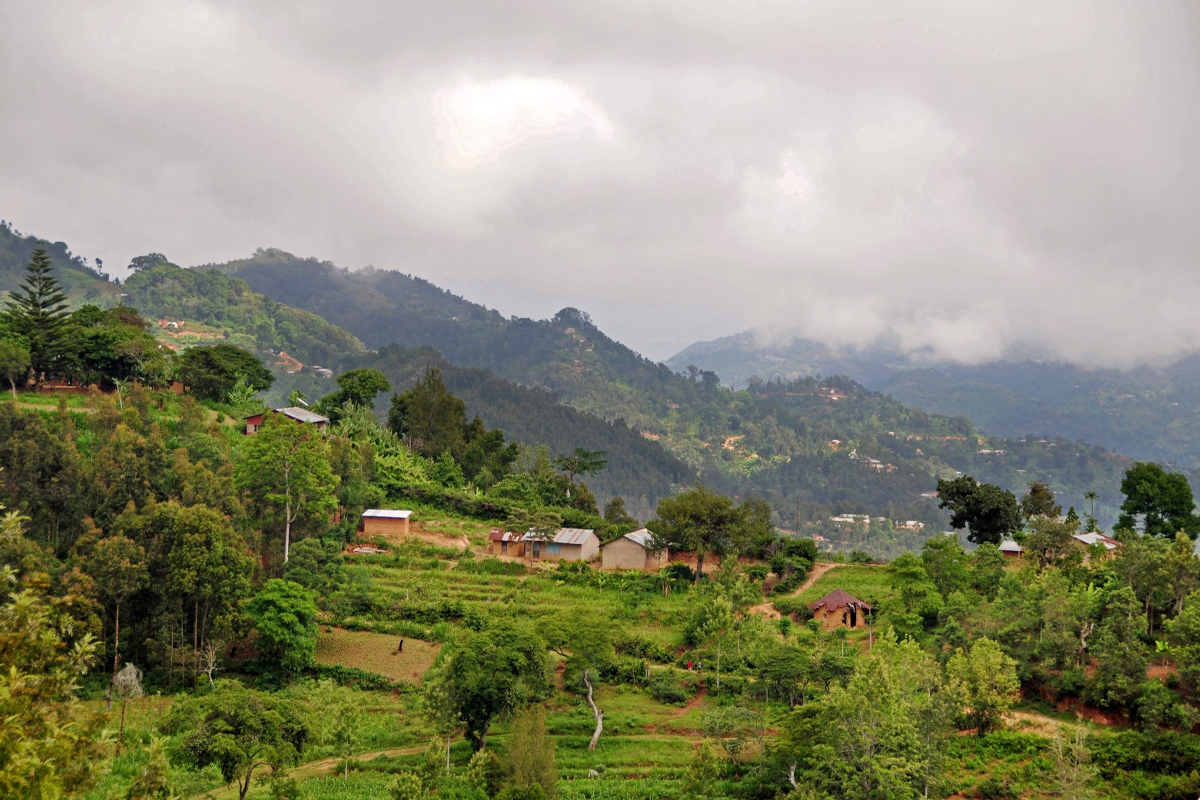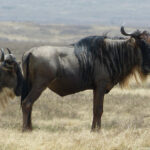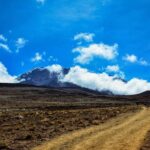Chagga Village Tours Kilimanjaro Cultural Experiences
Mount Kilimanjaro isn’t just Africa’s tallest peak—it’s also home to the Chagga people, one of Tanzania’s most culturally rich ethnic groups. Nestled along the slopes of Kilimanjaro, the Chagga villages offer a unique opportunity to explore traditional African life, from coffee farming to ancient myths passed down through generations.
If you’re looking to go beyond the usual Kilimanjaro trekking experience, a visit to the Chagga villages provides an unforgettable cultural encounter.
The History and Traditions of the Chagga People
- Origins and Settlement Around Mount Kilimanjaro:
The Chagga have lived around Mount Kilimanjaro for centuries, establishing their villages in the fertile volcanic highlands. Due to the rich soil and abundant rainfall, they became skilled farmers, growing bananas, coffee, yams, and maize.
- Influence of Agriculture and Trade:
Agriculture has always been the backbone of Chagga society, with coffee being their main cash crop. They were also early traders, exchanging food and livestock with neighboring tribes.
- The Role of Family and Clan Systems:
The Chagga traditionally organize themselves into clans, each led by an elder. Family and respect for ancestors play a vital role in their social structure, and you’ll often find multiple generations living together in a single household.
Where to Visit Chagga Villages Near Kilimanjaro
- Marangu: The Gateway to Kilimanjaro: Marangu is a well-known village near the Marangu Route, the most popular trail for climbing Kilimanjaro. Visitors can explore Chagga traditional homes, underground tunnels, and local markets.
- Mamba Village: Rich in History and Traditions: Mamba Village is known for its cultural performances, local museums, and ancient Chagga caves. The caves were used as hideouts during tribal conflicts centuries ago.
- Machame: Famous for Coffee and Banana Plantations: Machame is an excellent spot to visit a coffee farm and learn about traditional coffee processing methods. The area is also famous for its lush banana plantations, a staple of Chagga cuisine.
- Materuni: Home to Stunning Waterfalls and Cultural Tours: Materuni is a must-visit for its breathtaking waterfalls, which provide a perfect combination of nature and cultural immersion.
Experiencing Chagga Culture Firsthand
- Traditional Chagga Houses and Underground Caves: The Chagga people once lived in round, thatched-roof houses and used underground caves as protection during tribal wars. Some of these traditional homes and caves are now open for visitors.
- Learning About Chagga Farming Techniques: Visitors can tour farms and learn how the Chagga cultivate bananas, coffee, and maize using sustainable farming techniques passed down for generations.
- Participating in Daily Village Life: You can join locals in harvesting coffee, preparing traditional meals, or learning Chagga weaving techniques.
The Chagga and Coffee Farming
- The Importance of Coffee to the Chagga Economy: Coffee farming is a key source of income for the Chagga. The region’s high-altitude climate produces some of Tanzania’s best Arabica coffee.
- Visiting a Chagga Coffee Plantation: A guided tour of a Chagga coffee farm gives you hands-on experience in picking, roasting, and brewing coffee the traditional way.
- The Traditional Coffee-Making Process: Watch as Chagga farmers roast coffee beans over an open fire, grind them using stones, and brew fresh coffee in a clay pot—a process that has remained unchanged for generations.
Chagga Cuisine: A Taste of Local Delicacies
Popular Dishes: Mshikaki, Ndizi Nyama, and Ugali:
- Mshikaki: Grilled meat skewers, often served at local gatherings.
- Ndizi Nyama: A dish made of bananas and beef, a Chagga specialty.
- Ugali: A maize-based staple, served with stews.
The Role of Banana Beer in Social Gatherings: Locals brew a traditional banana beer, known as “Mbege,” which is enjoyed during festivals, weddings, and social gatherings.
Chagga Myths, Folktales, and Spiritual Beliefs
- Stories of Kilimanjaro and Its Guardian Spirits: The Chagga believe that Mount Kilimanjaro is home to spirits, and their folktales often tell of powerful ancestral spirits protecting the land.
- The Role of Ancestors and Traditional Healers: Many Chagga still consult traditional healers for guidance and medicine made from local herbs.
Best Time to Visit the Chagga Villages
Dry Season vs. Rainy Season:
- Dry Season (June to October): Best for exploring villages and hiking.
- Rainy Season (March to May): Lush landscapes but muddy trails.
How to Plan Your Visit
Guided Tours vs. Independent Travel: A local guide enhances the experience, helping with language barriers and providing cultural insights.
Responsible Tourism and Cultural Respect:
- Dress modestly, as Chagga villages are conservative.
- Ask permission before taking photos of people.
Visiting the Chagga villages near Kilimanjaro is a journey into one of Tanzania’s most vibrant cultures. Whether you’re learning about coffee farming, exploring underground caves, or tasting Chagga cuisine, this experience offers a deep connection to local life.
If you’re climbing Kilimanjaro or just exploring northern Tanzania, don’t miss the chance to immerse yourself in Chagga traditions and experience the warm hospitality of this incredible community.
FAQs
1. Do I need a guide to visit Chagga villages?
A guide is recommended for deeper cultural understanding, though independent travel is possible.
2. What should I wear when visiting a Chagga village?
Wear modest clothing out of respect for local customs.
3. Is it possible to stay overnight in a Chagga village?
Yes! Some villages offer homestays and eco-lodges for an immersive experience.
4. Can I buy locally made Chagga crafts or coffee?
Yes, many villages sell handmade crafts and fresh coffee beans.
5. Are the Chagga people welcoming to visitors?
Absolutely! The Chagga are known for their warm hospitality.
Discover Tanzania’s Best:
Plan your dream safari today!












